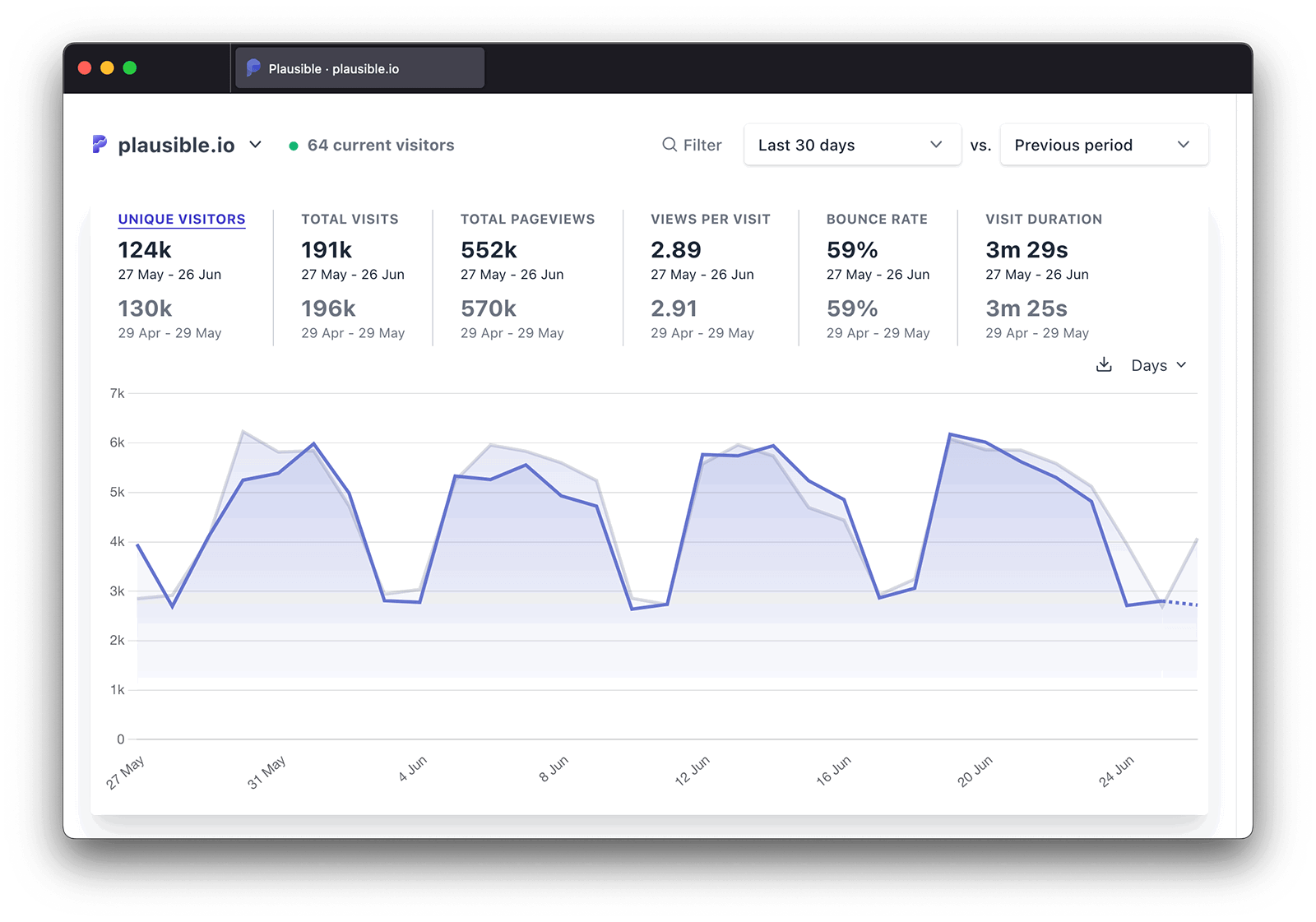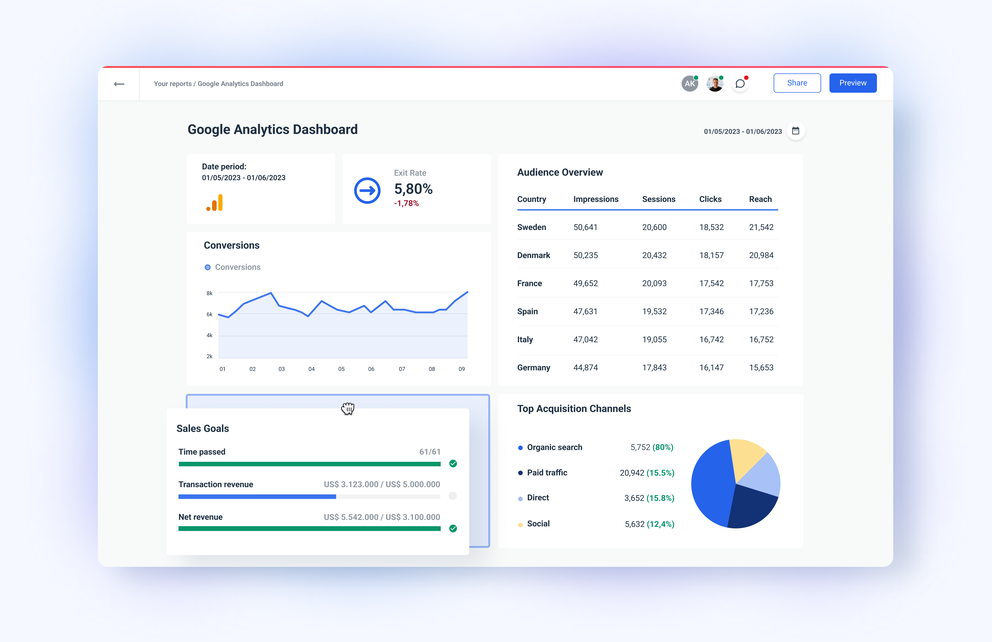When Does the Google Analytics Tracking Code Send an Event Hit to Analytics? Timing and Finest Practices Explained
Enhance Your Search Engine Optimization Technique With Effective Google Analytics Tracking Code
Incorporating Google Analytics tracking code into your SEO technique is a critical action towards achieving measurable outcomes. What certain techniques can you embrace to optimize the influence of this information on your SEO efforts?

Comprehending Google Analytics Fundamentals
To successfully leverage Google Analytics for SEO, it is important to grasp its foundational concepts. Google Analytics functions as a powerful device for tracking and evaluating site web traffic, giving insights that are important for enhancing online search engine performance. At its core, the platform makes it possible for users to monitor individual behavior, website traffic resources, and key efficiency indicators (KPIs) such as bounce rates and session durations.
Knowledge with the interface is vital. Secret sections include the Audience, Purchase, and Behavior tabs, each supplying important data. The Audience area gives group insights, helping to customize material to target users successfully. The Acquisition tab discloses exactly how visitors reach the website, whether through organic search, paid ads, or social media, directing critical modifications in advertising initiatives.
Comprehending metrics such as organic web traffic volumes and conversion prices is important for reviewing search engine optimization efficiency. Inevitably, mastering these basics enables digital online marketers to harness the complete capacity of Google Analytics, driving notified decisions that enhance general SEO techniques. By establishing a strong foundation, companies can efficiently assess their performance and recognize chances for renovation in their online existence.
Establishing Up Monitoring Code
Properly setting up the tracking code is essential for accurate information collection in Google Analytics. The primary step entails creating a Google Analytics account and residential or commercial property, where you will receive a distinct monitoring ID. This ID is important for connecting your website's data to your Google Analytics account.
When you have your tracking ID, integrate the tracking code fragment right into your web site's HTML. This is generally put in the header section of each web page to ensure it loads early in the web page rendering process. If you're utilizing a Web content Management System (CMS) like WordPress, many plugins streamline this procedure, allowing you to add the tracking code without direct HTML modifying.
After carrying out the tracking code, it is important to evaluate its capability. If the tracking code is properly installed and functioning, you can use the Google Tag Aide device to confirm. Additionally, keep an eye on the real-time coverage feature in Google Analytics to confirm that information is being accumulated correctly.
Ensuring that the monitoring code is effectively established lays the foundation for efficient data evaluation, allowing you to make informed decisions to improve your SEO method and overall website efficiency.
Trick Metrics to Display
Determining key metrics to check is crucial for comprehending the efficiency of your SEO approach with Google Analytics. By concentrating on specific data factors, you can evaluate the effect of your optimization efforts and make notified decisions to boost performance.
Among the main metrics to track is organic traffic, which shows the variety of site visitors reaching your website through online search engine. This metric reflects the overall health of your search engine optimization method. Next, keep an eye on the bounce price, which shows the percent of site visitors that leave your site after seeing only one page. A high bounce price may indicate that your content is not fulfilling individual assumptions or that your touchdown web pages need enhancement.
Keyword phrase rankings are also critical; tracking adjustments in keyword settings assists assess the effectiveness of your targeted SEO efforts. By closely following these vital metrics, you can acquire valuable understandings into your SEO technique's performance and determine areas for enhancement.
Analyzing User Habits
Understanding individual behavior is important for refining your SEO strategy and taking full advantage of site performance. Google Analytics supplies a riches of information on individual engagement metrics, such as bounce prices, time on site, and page views per session.
Additionally, tracking user flow can reveal common navigating courses, highlighting potential bottlenecks or areas for renovation. Understanding the demographics, passions, and geographical areas of useful source your site visitors enables more tailored material that speaks to their requirements. Using segmentation functions in Google Analytics better improves your capacity to assess customer actions by permitting you to contrast different audience groups.
Moreover, monitoring conversion rates and customer activities can offer insights right into the effectiveness of your phone call to action and total website layout. This holistic sight of user habits is crucial for making notified decisions that enhance customer experience and drive higher engagement, eventually contributing to improved search engine optimization click here to read performance.
Leveraging Insights for Search Engine Optimization
Regularly leveraging understandings obtained from individual actions evaluation can considerably improve your SEO initiatives. By using Google Analytics, you can identify key metrics such as bounce prices, session period, and individual flow, which expose how visitors engage with your web content. These understandings enable you to pinpoint locations needing enhancement, such as high departure pages or underperforming key words.

In addition, tracking natural web traffic resources offers quality on which networks are most efficient, allowing you to designate sources purposefully (when does the google analytics tracking code send an event hit to analytics?). By assessing conversion prices alongside website traffic information, you can identify which pages drive real organization results, improving your search engine optimization strategy better
Integrating these insights right into your web content technique not only boosts exposure yet additionally cultivates a much more user-centric method. Ultimately, a data-driven SEO method informed by analytics not just boosts positions however also straightens your goals with user expectations, leading to continual growth and engagement.
Conclusion
Efficient implementation of Google Analytics tracking code dramatically enhances a Search engine optimization technique by providing vital understandings into individual actions and web traffic sources. Inevitably, leveraging these understandings adds to improving SEO efforts, driving even more pertinent traffic, and enhancing general internet site efficiency.
Integrating Google Analytics tracking code right into your SEO technique is an essential step toward achieving quantifiable outcomes. At its core, the platform enables customers to keep an eye on individual behavior, traffic resources, and vital efficiency signs (KPIs) such as bounce prices and session durations.
Understanding customer actions is vital for fine-tuning your Search engine optimization approach and making best use of website performance.Regularly leveraging understandings obtained from user actions analysis can substantially enhance your Search engine optimization efforts.Efficient execution of Google Analytics tracking code dramatically boosts a Search engine optimization technique Visit This Link by giving essential insights into customer habits and traffic sources.